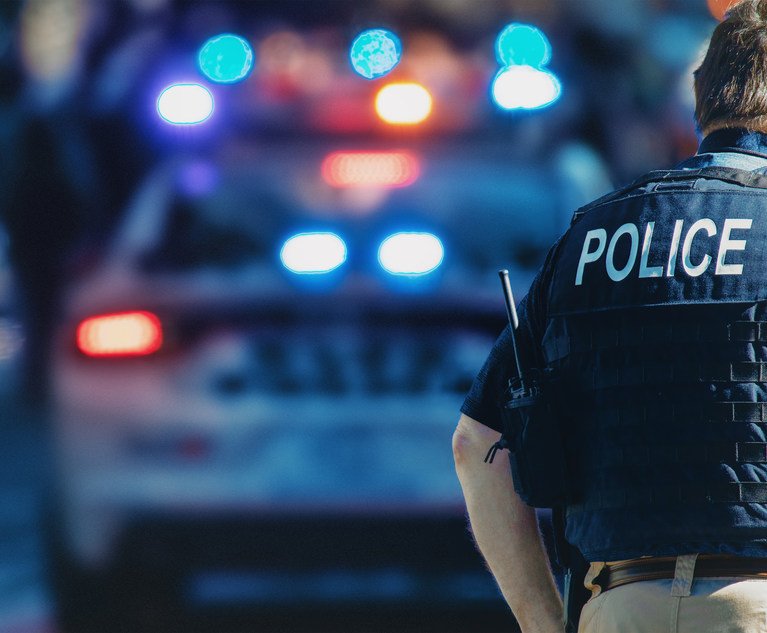I routinely find it difficult to carve out enough time in the day to do some light reading. Recently, I forced myself to make time for this endeavor. I just finished reading a tale of battles between various groups fighting for territory and using some of the most ruthless tactics. The story involved well-armed and determined armies imposing their will on each other as they sought total domination. It was a terrorizing tale that left me shaken to my core upon reaching conclusion. No, I was not reading the novels from the Game of Thrones. This publication was non-fiction but read like any fiction novel. My reading was that of the consent decree in the case of State of Illinois vs. City of Chicago entered on January 31, 2019 in the United States District Court for the Northern District of Illinois, Easter Division. The proposed decree would destroy any measure of proactive law enforcement if implemented. It is every bit as destructive as the sword to the side of the Chief of the White Walkers in the fictional tale Game of Thrones.
Although the proposed decree contains many positives for law enforcement such as enhanced training and increased concern for the mental health of the police, nonetheless the majority of the 236 pages call for changes that would result in police officers acting more like security guards than active law enforcement officers. It appears that this is type of policing is what is preferred today. Time will tell if the changes serve to benefit the communities. For what it is worth, I don’t think it will. This type of policing will have little effect on those who live high on the hills in the North Shore; however, those that live in many of the neighborhoods in Chicago will suffer as a result of the watered down policing. The most vulnerable members of our community will be the ones affected most and nobody seems to care.
The Court recognized that many of the reforms called for under the decree will need to be negotiated between the City and the unions representing officers; however the Court cautioned the unions about failing to agree to matters contained in the agreement. The Court seemed to be speaking directly towards the unions when it held that, “They will bargain in the shadow of all the applicable law,” and the decree will aid the parties as they attempt to reach agreement. The Court specifically noted that the Collective Bargaining Agreement (CBA) would be overruled on any issues the court determines to violate federal law. The Court could view the umbrella of federal law as being big and covering many issues, only time will tell.
One area that the consent decree focuses on in great depth is that of the due process rights of police officers during administrative investigations, such as those at COPA and IAD. Paragraph 450 proposes significant changes to the current disciplinary system bargained for by unions for the past decades. The consent decree seeks to eliminate the alleged “code of silence”, which of course has been admitted by our mayor and various other leaders. It is proposed that any CPD member who is the subject of an administrative investigation will be prohibited from reviewing any investigative files, reports, or any other evidence, from any source, including body and dashboard cameral footage. This provision will serve as nothing more than a trap to catch officers, not for a lie but rather for a mistake. What purpose does that serve, other than to increase the number of officers being fired? The department should be interested in obtaining the most accurate statement possible. In court, witnesses are allowed, and in fact, encouraged, to refrain from speculation and refresh their recollection when necessary. This has served our legal system for centuries. It simply makes no sense that the lawyers who crafted this proposal would not recognize the hypocrisy here. It could be a long, cold winter in Winterfell. Bundle up!


